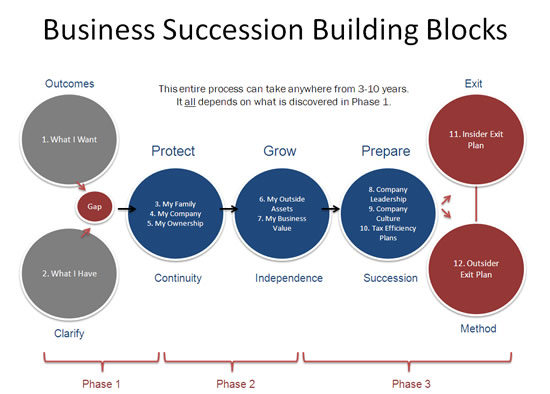What we have seen now is increased scrutiny of credit notes for compliance with the VAT Act. The main challenge is that in most instances accounting packages being used by businesses do not contain all the information required on a credit note by the VAT Act. It is therefore important that businesses and accountants ensure that credit notes comply with the Act before they are issued and before VAT claims are submitted. Otherwise, it will be difficult for businesses to get back their legitimate VAT claims.
Key elements that must be found on the credit note are the following:
- Vendor details (names and addresses, VAT registration numbers for both the issuing and receiving party)
- The words “credit note” must be clearly stated on the document being issued
- A brief description of the circumstances that gave rise to the credit note. Now this one is critical and what you may find is that some accounting systems do not allow for this. We would encourage you to add this narration to the description part of the credit note.
- Information sufficient to identify the original transaction to which the credit note relates, that is the original invoice that is being credited. In other words, if someone else who is not familiar with your records comes to check the credit notes, they should be able to trace its origins with ease.
- It would also be very important to make sure that the correct VAT rate is applied. If the original invoice was issued before the VAT rate changes to 15%, then the credit note should also be at 14%. One cannot claim back more than what they declared.
In more detail and in terms of Section 21(3), of the VAT Act, a credit note must contain the following particulars:
(i) The words “credit note” in a prominent place;
(ii) the name, address and VAT registration number of the vendor;
(iii) the name, address of the recipient. And where the recipient is a registered vendor, the VAT registration number of the recipient;
(iv) the date on which the credit note was issued;
(v) either—
(aa) the amount by which the value of the said supply shown on the tax invoice has been reduced and the amount of the excess tax; or
(bb) where the tax charged in respect of the supply is calculated by applying the tax fraction to the consideration, the amount by which the consideration has been reduced and either the amount of the excess tax or a statement that the reduction includes an amount of tax and the rate of the tax included;
(vi) a brief explanation of the circumstances giving rise to the issuing of the credit note;
(vii) information sufficient to identify the transaction to which the credit note refers;
(b) the actual tax charged in respect of the supply concerned exceeds the tax shown on the tax invoice as charged, the supplier shall provide the recipient with a debit note, containing the following particulars:
(i) The words “debit note” in a prominent place;
(ii) the name, address and VAT registration number of the vendor;
(iii) the name, address and, where the recipient is a registered vendor, the VAT registration number of the recipient, except where the debit note relates to a supply of goods in respect of which a tax invoice contemplated in section 20 (5) was issued;
(iv) the date on which the debit note was issued;
(v) either—
(aa) the amount by which the value of the said supply shown on the tax invoice has been increased and the amount of the additional tax; or
(bb) where the tax charged in respect of the supply is calculated by applying the tax fraction to the consideration, the amount by which the consideration has been increased and either the amount of the additional tax or a statement that the increase includes an amount of tax and the rate of the tax included;
(vi) a brief explanation of the circumstances giving rise to the issuing of the debit note;
(vii) information sufficient to identify the transaction to which the debit note refers:
Provided that—
(A) it shall not be lawful to issue more than one credit note or debit note for the amount of the excess;
(B) if any registered vendor claims to have lost the original credit note or debit note, the supplier or recipient, as the case may be, may provide a copy clearly marked “copy”;
(C) a supplier shall not be required to provide a recipient with a credit note contemplated in paragraph (a) of this subsection in any case where and to the extent that the amount of the excess referred to in that paragraph arises as a result of the recipient taking up a prompt payment discount offered by the supplier if the terms of the prompt payment discount offer are clearly stated on the face of the tax invoice.
Did you just get VAT registered and you need someone to configure your accounting system for VAT? Click here to contact us






